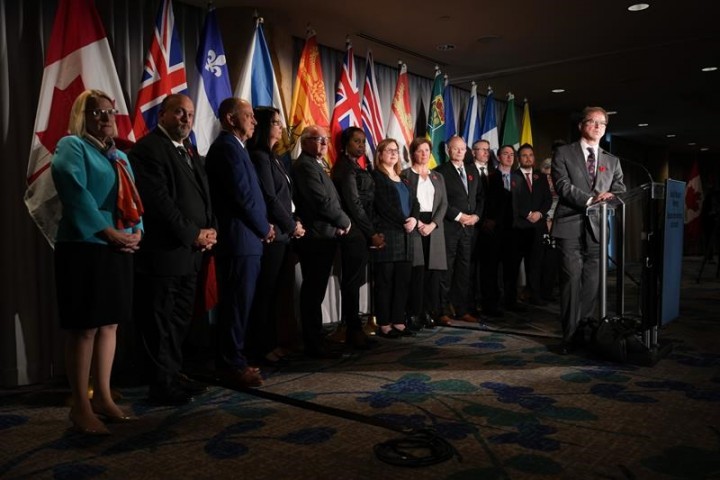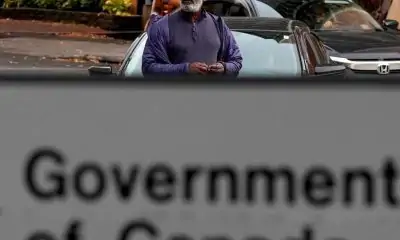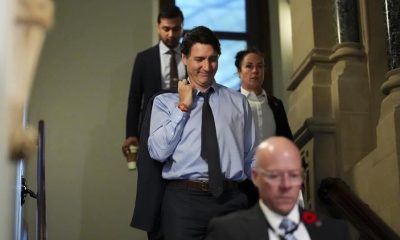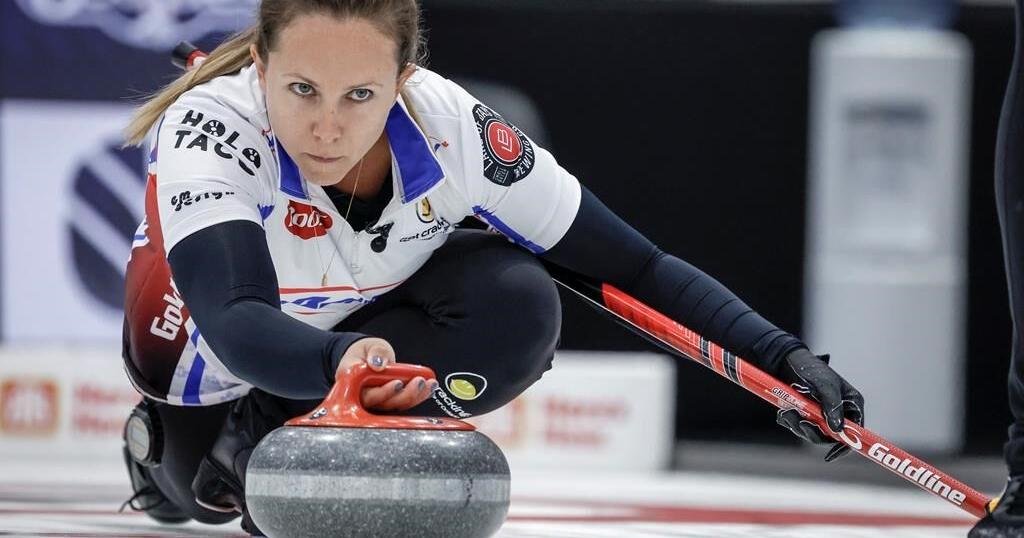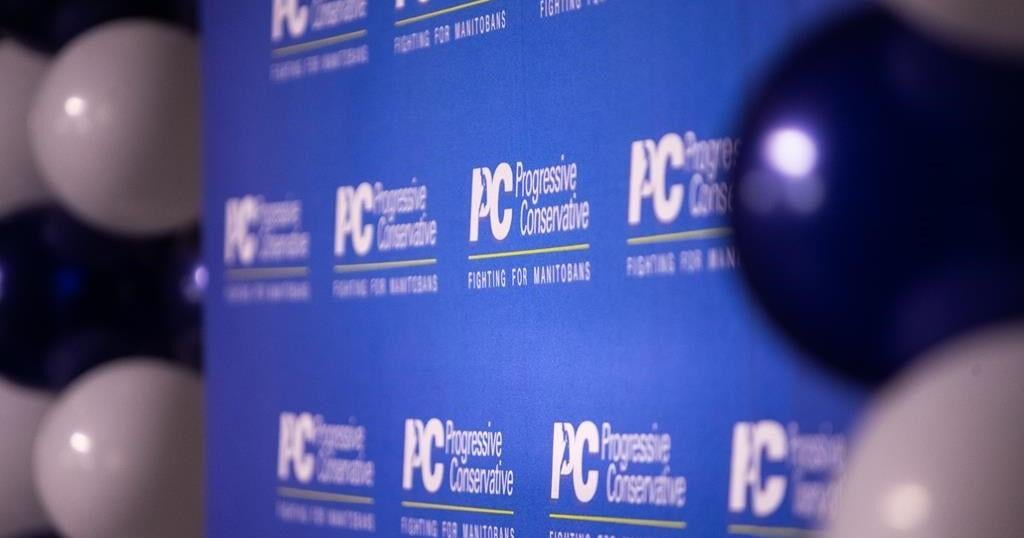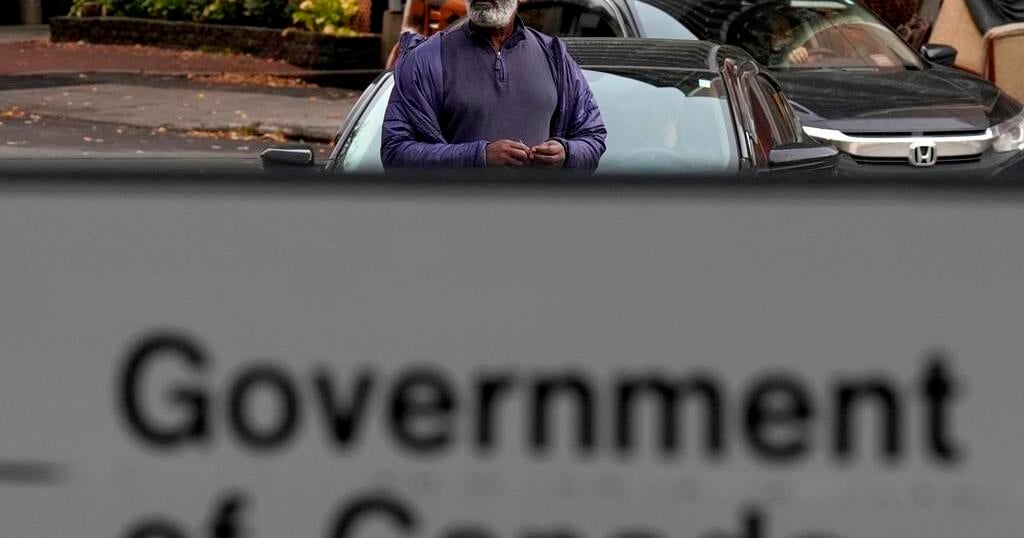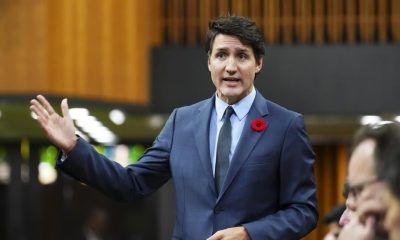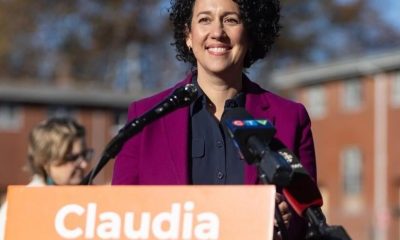VANCOUVER — Ministers who gathered for meetings to address the national health crisis left Tuesday without assurances of more funding from their federal counterpart, who blamed premiers for giving them “marching orders” to stop negotiating.
British Columbia Health Minister Adrian Dix, who co-chaired the second day of the gatherings Tuesday with federal Minister Jean-Yves Duclos, said the federal government withdrew from a joint statement on the talks and excluded itself from a news conference.
Duclos referred to a statement issued earlier Tuesday by the Council of the Federation, the group representing all premiers, before talks wrapped up.
In the statement, the premiers said they were disappointed with the lack of a federal response to an ongoing request from provinces and territories to get 35 per cent of health-care costs covered by Ottawa, up from 22 per cent.
However, Duclos declined to say at a separate news conference whether he came to the table with more cash, adding only that premiers did not want health ministers to accept any conditions, like providing data on the health-care workforce.
“Unfortunately, despite (Monday’s) gesture of good faith, provincial and territorial colleagues, our colleagues, have received marching orders by their premiers not to make further progress,” Duclos said.
“As a result, the premiers are preventing all of us health ministers from taking concrete and tangible steps that would make an immediate difference in the daily lives of health workers and patients.
“Obviously, this is disappointing. Canadians expect and deserve more than this.”
Duclos said that instead of allowing health ministers to engage in meaningful discussions, premiers were “forcing” them to focus only on money.
“We need to work together so that patients everywhere in Canada can get the care they need, when they need it and where they need it. These are fundamental priorities that we all agreed upon. Why in the world won’t premiers let us health ministers work on these priorities?”
The premiers also reiterated their call on Prime Minister Justin Trudeau to meet with them. Dix has said a national conference on the Canada Health Transfer, the federal money doled out to all jurisdictions, is also needed.
Duclos said he told health ministers the federal government would provide targeted funding for priorities they have expressed for many months.
“We’ve had a total of 11 virtual meetings over the last year, plus this one in person,” he said. ‘But we need to be all together and express commonly those priorities and then move to the next step, which is going to be to determine the type of funding and the agenda that we want to work collaboratively on.”
Dix said the meetings came to a “disappointing” end and that the provincial and territorial ministers could not move forward on the basis of what he called “small sound bites from the prime minister.”
“Fair enough, they didn’t like that the premiers reiterated their position on the Canada Health Transfer. That’s entirely fair of the federal government to do in their expression. But I think it’s disappointing. I’m not sure it sends the best message,” he said.
“We need the federal government to increase its role and support for public health care and not, as has been happening for too long, diminish that role.”
The federal government has made funding deals with individual jurisdictions in the past.
In August 2017, provinces and territories signed an agreement on improving access to home and community care as well as mental health and addiction services. Quebec signed a different agreement distinct from those priorities. The tailor-made deals involved a total of $11 billion in per capita funding over 10 years.
Haizhen Mou, a professor of public policy at the University of Saskatchewan, said those agreements suggest Ottawa could further tie cash to other areas in health care, including improved conditions for a burnt-out workforce and measures like streamlining the hiring of internationally trained doctors and nurses.
“The federal government could do a lot if they regard this health workforce problem as their national priority. They already did on some other issues,” she said.
While health care is the responsibility of provinces and territories, Mou said they would do well to provide some accountability for how they spend pots of money, especially if it’s not targeted to particular areas.
“Our health-care system lacks accountability. It’s not a funding or the share-of-contribution issue. It’s an accountability and efficiency issue,” she said.
The Canadian Federation of Nurses Unions and the Canadian Nurses Association said the lack of results, along with “finger-pointing,” is not what they expected from the meetings.
“Nurses from across Canada are burnt out and under severe stress, while facing unprecedented pressures that have pushed them past the breaking point,” the two groups said in a joint statement.
“We recognize that the federal government should be stepping up with more money for health care in Canada, but new investments must be targeted towards areas of critical need to ensure that Canadians receive the care they need, when they need it.”
Both groups said they will request a meeting with Manitoba Premier Heather Stefanson, chair of the federation, to discuss the critical measures needed to support nurses and the health-care system.
This report by The Canadian Press was first published Nov. 8, 2022.
Camille Bains, The Canadian Press
Related

